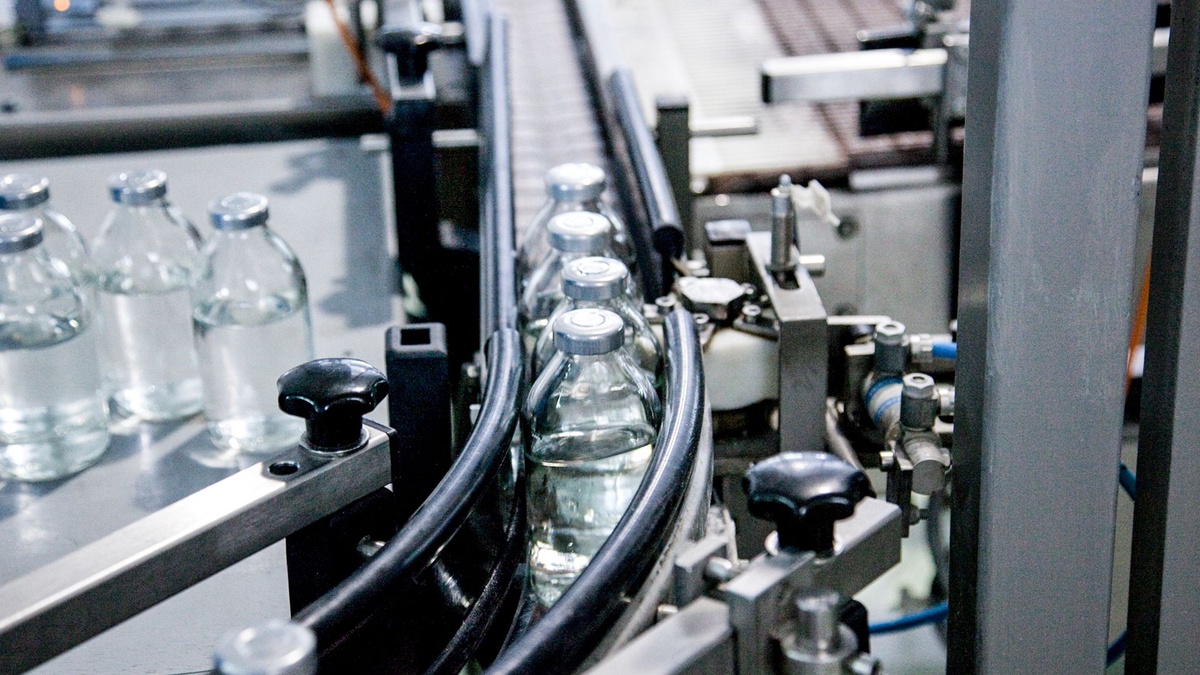In the pharmaceutical industry, small molecule products are revolutionizing the way we approach drug development. These tiny but powerful compounds are the backbone of many successful medications, serving as active pharmaceutical ingredients (APIs) and driving advancements in drug substance development. In this blog, we will delve into the world of small molecule products, exploring their significance as APIs, their role in drug substance development, and their impact on the production of clinical materials. Join us as we unravel the potential of small molecule products and their importance in the field of pharmaceuticals.
Active Pharmaceutical Ingredients (APIs)
Small molecule products used as APIs are the magic behind many pharmaceutical breakthroughs. These organic compounds interact with specific targets within the body, such as receptors or enzymes, to produce therapeutic effects. Due to their small size and defined chemical structures, small molecule APIs have several advantages. Their compact structure enables easy distribution and absorption within the body, allowing them to reach their target sites effectively. Additionally, their well-defined structure facilitates synthesis and modification, empowering researchers to enhance their potency and selectivity.
The design and development of small molecule APIs involve rigorous research and optimization. Scientists meticulously investigate various molecular targets and disease pathways to identify promising compounds. Through advanced computational modeling and high-throughput screening techniques, they analyze and assess vast libraries of small molecules to find a suitable API candidate. This step is critical in selecting a molecule that exhibits therapeutic potential while minimizing adverse effects.
Drug Substance Development
Once a promising small molecule API has been identified, the next crucial step is drug substance development. This process involves optimizing the synthetic route, developing scalable manufacturing processes, and ensuring the quality, safety, and stability of the final product. Drug substance development lays the foundation for successful formulation and eventual commercialization of a drug.
During drug substance development, extensive efforts are made to ensure the purity and characterization of the API. Advanced analytical techniques such as high-performance liquid chromatography (HPLC), gas chromatography (GC), and mass spectrometry (MS) are employed to assess the quality and identity of the small molecule. Stability studies are also conducted to evaluate degradation rates and establish appropriate storage conditions, ensuring the integrity and efficacy of the API throughout its shelf life.
Moreover, regulatory compliance plays a significant role in drug substance development. Stringent guidelines and regulations are in place to ensure the safety, quality, and efficacy of small molecule products. Compliance with these regulations is essential to secure regulatory approvals, paving the way for downstream clinical trials and commercialization.
Clinical Materials
Clinical materials production involves the manufacturing of small molecule products for preclinical and clinical studies. These materials are used to assess the safety, efficacy, and pharmacokinetic properties of the small molecule drug. Rigorous quality control measures are implemented throughout the production process to ensure consistency, reproducibility, and compliance with regulatory standards.
The manufacturing of clinical materials starts with formulating the drug substance into a suitable dosage form, such as tablets, capsules, or injections. The formulation process aims to optimize the drug’s delivery, bioavailability, and stability. Following formulation, manufacturing processes are established to meet quality and regulatory requirements. Proactive quality control tests are performed at every stage of production to monitor the integrity and purity of the small molecule product.
Clinical materials undergo rigorous testing in preclinical and clinical trials. These trials evaluate the safety and effectiveness of the small molecule product in both animals and human subjects. Data obtained from these trials is crucial in determining optimal dosage levels, identifying potential side effects and adverse reactions, and supporting regulatory submissions for market approval.
Conclusion
USSF, as a forward-thinking pharmaceutical company, recognizes the immense potential of small molecule products in transforming healthcare. The significance of Small molecule products for active pharmaceutical ingredient (APIs), their role in drug substance development, and the production of clinical materials cannot be understated. These minute yet powerful compounds drive therapeutic advancements and hold the key to unlocking effective medications.
By leveraging cutting-edge research, advanced computational modeling, and state-of-the-art manufacturing processes, USSF is committed to developing innovative small molecule products. The company’s stringent adherence to regulatory guidelines and commitment to quality ensures the production of safe, efficacious, and reliable drugs.
As we move forward, let us celebrate the impact small molecule products have on the field of pharmaceuticals. Together, we can continue to push the boundaries of modern medicine, leveraging the potential of small molecules towards the betterment of global healthcare.


No comments yet